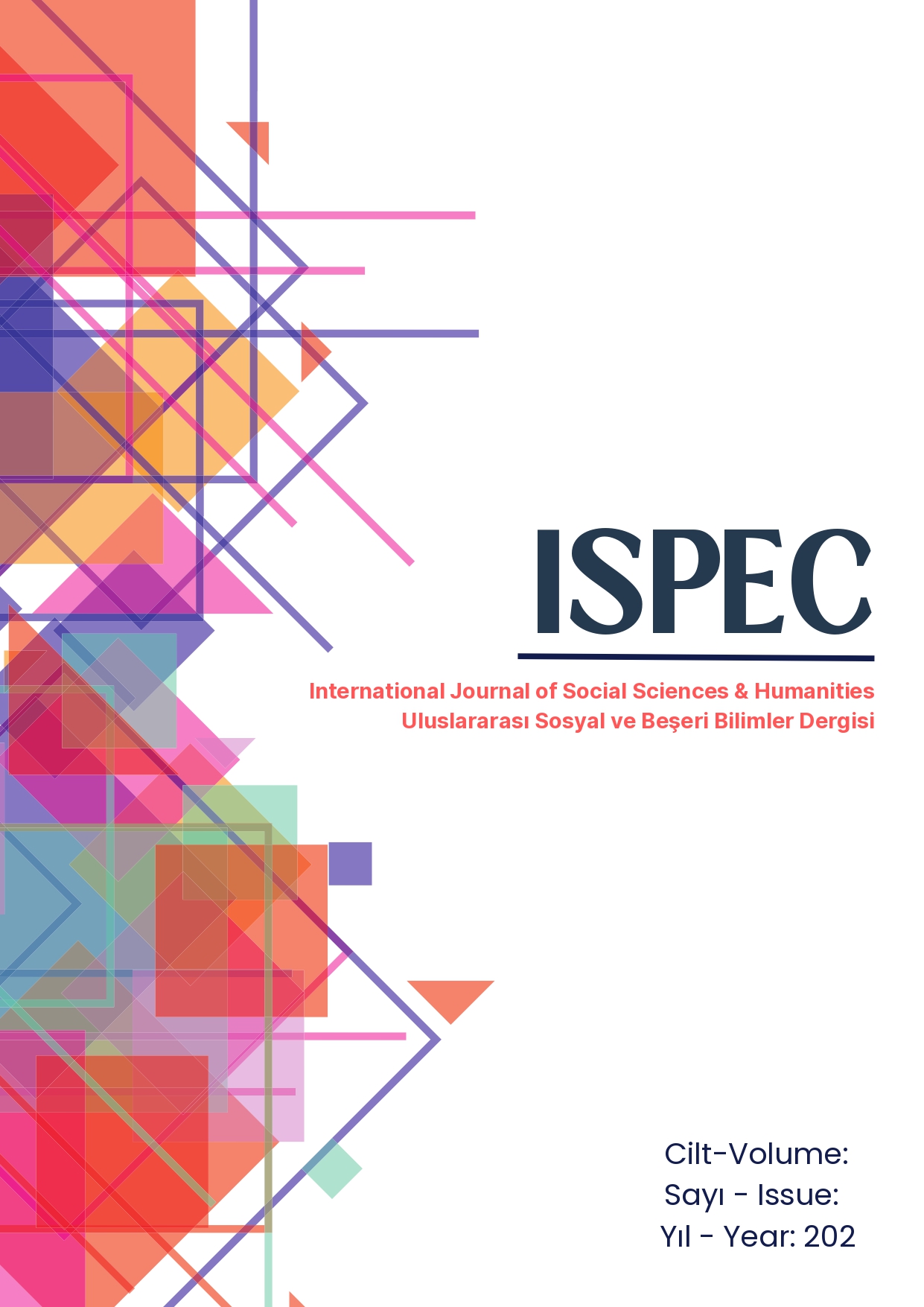Navigating Teaching Without Pedagogical Training: An Ecological Perspective
DOI:
https://doi.org/10.5281/zenodo.15774780Keywords:
Ecological Approach, EFL, Novice Teachers, Eco-Curriculum, Teacher AgencyAbstract
Although substantial scholarly attention has been devoted to the challenges encountered by novice teachers possessing formal Initial Teacher Education (ITE) qualifications, the professional experiences of individuals entering the teaching profession without such preparation remain markedly underexplored. Anchored in the ecological model of teacher agency, the present study investigates the affordances and constraints encountered by English as a Foreign Language (EFL) teachers with non-ITE backgrounds during their inaugural year of teaching in Turkish state secondary schools. Employing a qualitative research design, data were collected through in-depth semi-structured interviews with 21 purposively selected participants serving in diverse educational settings across Turkey. Thematic analysis of the interview data indicates that the absence of formal pedagogical training gives rise to notable impediments, including insufficient theoretical and methodological grounding in instructional practices, perceived marginalisation by colleagues with ITE credentials, and challenges in constructing a coherent professional identity. Nevertheless, the analysis also uncovers salient affordances, such as interdisciplinary academic foundations, diverse experiential capital acquired through alternative career trajectories, elevated levels of intrinsic motivation, and a pronounced propensity for pedagogical innovation. The study concludes by discussing the implications for teacher education policy and institutional practice in Turkey, advocating for differentiated support structures that both address the distinct challenges faced by non-ITE teachers and harness their unique professional assets.
References
Biesta, G., Michael, T., 2007. Agency and learning in the lifecourse: towards an ecological perspective. Studies in the Education of Adults, 39(2): 132–149.
Braun, V., Victoria, C., 2006. Using thematic analysis in psychology. Qualitative Research in Psychology, 3(2): 77–101.
Brew, A., David, B., Karin, C., Lisa, L., 2018. Navigating the demands of academic work to shape an academic job. Studies in Higher Education 43, 12: 2294–2304.
Correa, J.M., Asunción M.A., Estibaliz, A.A., 2015. Post-modern reality shock: beginning teachers as sojourners in communities of practice. Teaching and Teacher Education, 48: 66–74.
Courtney Scott, A., Christine, K. Austin Maryam Z., 2023. International perspectives on teacher induction: a systematic review. Teaching and Teacher Education, 125: 104047.
Darling-Hammond, L., 2012. Powerful Teacher Education: Lessons from Exemplary Programs. San Francisco: John Wiley and Sons. 12.
De Neve, D., Geert, D., 2017. Psychological states and working conditions buffer beginning teachers’ intention to leave the job. European Journal of Teacher Education, 40(1): 6–27.
Duan, S., Wenxiu C., Honggang, L., 2023. ’Seeking resilience, sustaining development’: a self-narrative study of early career English teacher resilience from an ecological perspective. Sustainability, 15(16): 12386.
Emirbayer, M., Ann M., 1998. What is agency? American Journal of Sociology, 103(4): 962–1023.
Eteläpelto, A., Katja, V., Päivi, H., Susanna, P., 2013. What is agency? Conceptualizing professional agency at work. Educational Research Review, 10: 45–65.
Farrell Thomas, S.C., 2016. Surviving the transition shock in the first year of teaching through reflective practice. System, 61: 12–19.
Gaikhorst, L., Jos J., Beishuizen, I.M., Korstjens, M., Volman, L.L., 2014. Induction of beginning teachers in urban environments: an exploration of the support structure and culture for beginning teachers at primary schools needed to improve retention of primary school teachers. Teaching and Teacher Education, 42: 23–33.
Hökkä, P., Anneli, E., 2014. Seeking new perspectives on the development of teacher education: a study of the Finnish context. Journal of Teacher Education, 65(1): 39–52.
Lipponen, L., Kristiina K., 2011. Acting as accountable authors: creating interactional spaces for agency work in teacher education. Teaching and Teacher Education, 27(5): 812–819.
Mann, S., 2016. The Research Interview. Reflective Practice and Reflexivity in Research Processes. London: Palgrave Macmillan.
Sali, P., Ilknur K., 2018. Challenges of first years of teaching in Turkey: voices of novice EFL teachers. English Language Teaching, 11(4): 117–131.
Sims, S., John J., 2020. Talıs 2018: Teacher Working Conditions, Turnover and Attrition. Statistical Working Paper: Runcorn, Cheshire: UK. Department for Education.
Smith, K., Marit U., Ingrid H., 2019. Lessons Learned from Novice Teachers: An International Perspective. Leiden: Brill. The Language Learnıng Journal 13 Tanoto Foundation.
Wallace, M.J., Bau, T.H., 1991. Training Foreign Language Teachers: A Reflective Approach. Cambridge: Cambridge University Press.
Wang, L., 2022. English language teacher agency in response to curriculum reform in China: an ecological approach. Frontiers in Psychology, 13: 935038.
Downloads
Published
How to Cite
Issue
Section
License
Copyright (c) 2025 ISPEC International Journal of Social Sciences & Humanities

This work is licensed under a Creative Commons Attribution-NonCommercial-NoDerivatives 4.0 International License.






